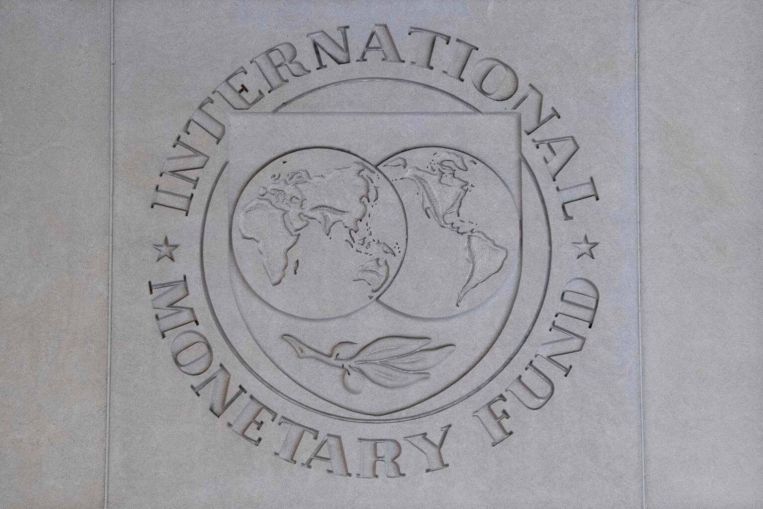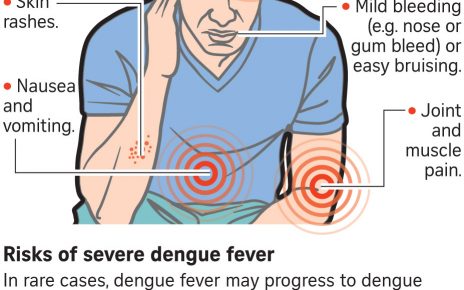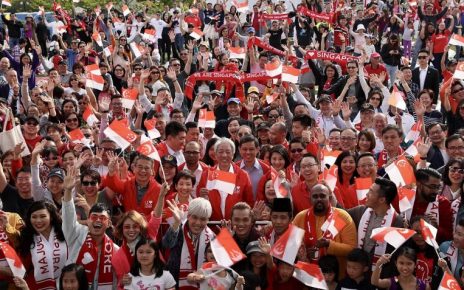
WASHINGTON • The International Monetary Fund (IMF) has warned governments not to rock the boat with trade wars and other disruptions at a time when the global economy is already sailing through choppy waters.
“We see downside risk and that means one has to be very careful,” IMF first deputy managing director David Lipton told Bloomberg Television on Friday. “With trade tensions, not knowing where monetary policy is going to go, not knowing how China’s growth will turn out, it’s time to make sure policymakers do no harm.”
He urged the United States and other nations to resolve their trade conflicts – a key downside risk the IMF has repeatedly warned about since President Donald Trump began imposing tariffs last year.
“The last thing we want is another downturn,” Mr Lipton said, on the sidelines of the fund’s spring meetings in Washington.
The threat of political missteps is looming over the global economy amid a backlash against free trade that has fuelled the rise of populist governments around the world.
The IMF last week downgraded its outlook for world growth this year to the lowest since the financial crisis a decade ago, as conditions worsened in most major advanced economies.
The US and China are locked in tense negotiations aimed at ending their nine-month trade war.
UNCERTAINTIES
With trade tensions, not knowing where monetary policy is going to go, not knowing how China’s growth will turn out, it’s time to make sure policymakers do no harm.
IMF FIRST DEPUTY MANAGING DIRECTOR DAVID LIPTON
Even if they do come to an agreement, a trade deal between the world’s two biggest economies could have unintended consequences if China commits to purchases of US goods that crowd out imports from other countries in Asia, said head of the IMF’s Asia-Pacific department Rhee Chang-yong last Friday.
There is also a risk of new fronts breaking out in the trade war. The European Union is considering hitting €10.2 billion (S$15.6 billion) worth of US goods with retaliatory tariffs over subsidies to Boeing, according to a draft list seen by Bloomberg News. The plan follows a US threat to seek US$11 billion (S$14.9 billion) in damages through duties on European goods.
Meanwhile, Britain’s departure from the European Union continues to drag on. Britain was due to leave the EU last month, but has twice had to ask the bloc’s other 27 leaders for an extension. The latest plan is for Britain to depart the bloc by Oct 31.
In emerging markets, investors were reminded of the perils of government meddling in the economy when Brazil’s President Jair Bolsonaro ordered state-owned Petrobras to refrain from increasing diesel prices last Thursday.
The hastily made decision revived fears of interventionist policies that plagued Latin America’s largest economy under previous governments.
To be sure, there are signs that the global economy may be turning the corner. The IMF is stopping short of predicting a recession.
Growth will recover in the second half of the year, said Bank of Japan governor Haruhiko Kuroda, noting that China’s stimulus measures are having an effect. “It’s true that there are large downside risks,” he said.
However, “I expect global growth will increase in the second half of the year. An accommodative monetary environment will continue, while the supportive Chinese policy effects should slowly start emerging”, he added.
BLOOMBERG



